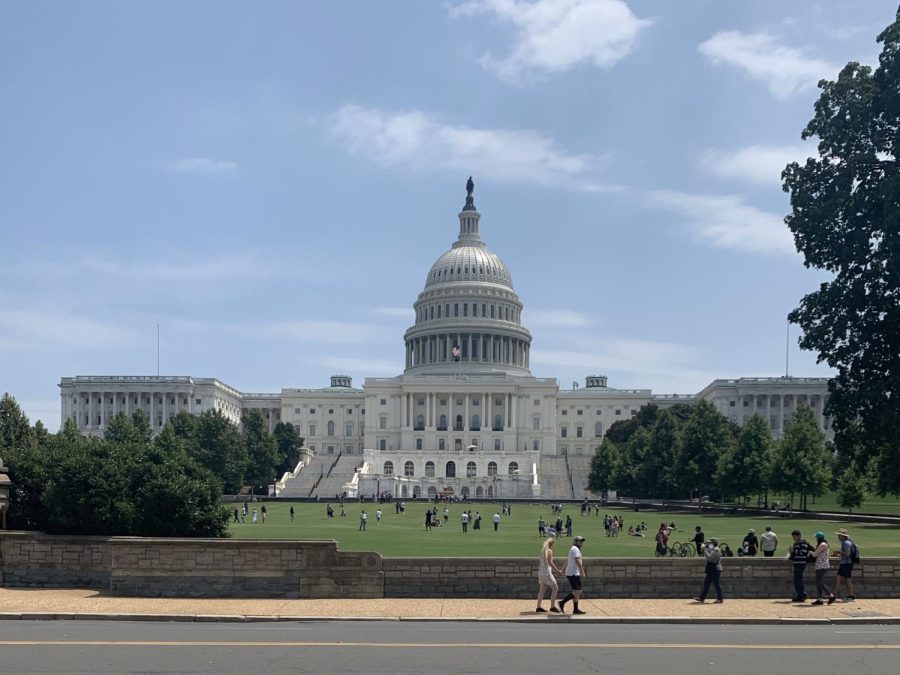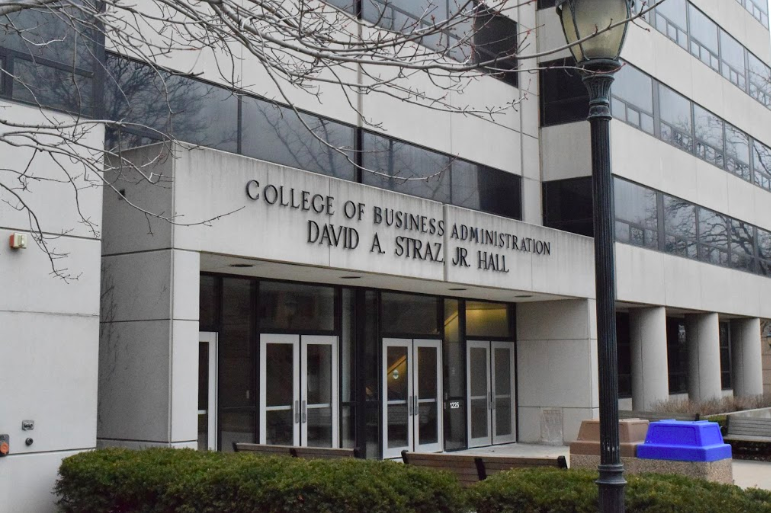This story is part of a series called “Moving On, But Not Forward.” As we see an end to the COVID-19 pandemic, this series draws attention to the social issues that were less prioritized during the pandemic but are now coming back into the public spotlight.
The Vulnerable Child Compassion and Protection Act, which would make it a felony to provide hormone replacement therapy, puberty blockers or gender-affirming surgeries to transgender youths, is advancing quickly through Alabama’s state legislature. 2021 already broke records for the amount of anti-trans legislation proposed in the U.S. However, it feels like people are more silent than ever about trans issues.
Any important news is often overshadowed by COVID-19. The pandemic is important and has taken the lives of many. Transphobia has also taken the lives of many, but is not impossible to pay attention to both pandemic news as well as other pressing matters.
Everyone is eager to hear the latest news on how COVID-19 will affect their lives, but it feels like non-LGBT wants to hear about how COVID-19 is impacting LGBTQ+ people or other marginalized groups, let alone the issues that those communities were dealing with before the pandemic started.
It’s understandable — Americans are coming up for a breath of air after four years of former President Donald Trump and after a year of COVID-19, which finally seems to have an end in sight. Ideally, everyone would be paying attention to LGBTQ+ news all the time, but it’s been more difficult to continue activist work during the past year. However, now that there’s a pro-LGBTQ+ president in office and vaccine distribution dates right around the corner, we need to start paying attention to LGBTQ+ issues.
The existence of institutional transphobia and homophobia hasn’t gone away because of the pandemic. Because many are only paying attention to pandemic news, it is easier for these laws to go unnoticed in the news cycle. We cannot let this continue to happen and when anti-LGBTQ+ legislation is passed, it needs to be met with direct support to the community it is affecting.
For example, the Alabama bill was passed in the state Senate by a vote of 23-4 and is likely to be presented before the House soon. This bill seems to be on the path to being passed, so support for trans people in Alabama is crucial right now and always.
Many trans people are currently seeking financial donations. Raising money allows them to put money toward their transition or towards basic needs like housing and food. According to the National Center for Transgender Equality, one in five trans people have experienced homelessness at some point in their lives. Even just a donation of $20 can help a trans person purchase a binder or help pay for groceries that week.
However, not everyone has the financial means to support marginalized people. Fortunately, there are many other ways to support LGBTQ+ folks. For trans people specifically, gender-affirming clothing and garments are crucial to their social transition. Marquette’s LGBTQ+ Resource Center recently hosted a clothing drive for trans people in the community, so paying attention to this and other organizations’ food or clothing drives is an easy way to help.
Additionally, raising awareness about similar bills and laws can help prevent them from getting as far along as Alabama’s has. This website has been tracking the number of anti-trans law proposals made in different states. By researching these further and staying informed on when new legislation is proposed, especially in local states, we can begin protesting before the laws reach the point of no return. Wisconsin’s neighbor Iowa has introduced three anti-trans bills this year, none of which have passed, but it’s likely that other similar bills will be taken into consideration.
By staying informed, spreading awareness and offering support to trans and LGBTQ+ folks as a whole, we can start to help others see LGBTQ+ issues as a priority and keep it a priority no matter what the news cycle looks like.
This story was written by Jenna Koch. She can be reached at jenna.koch@marquette.edu











